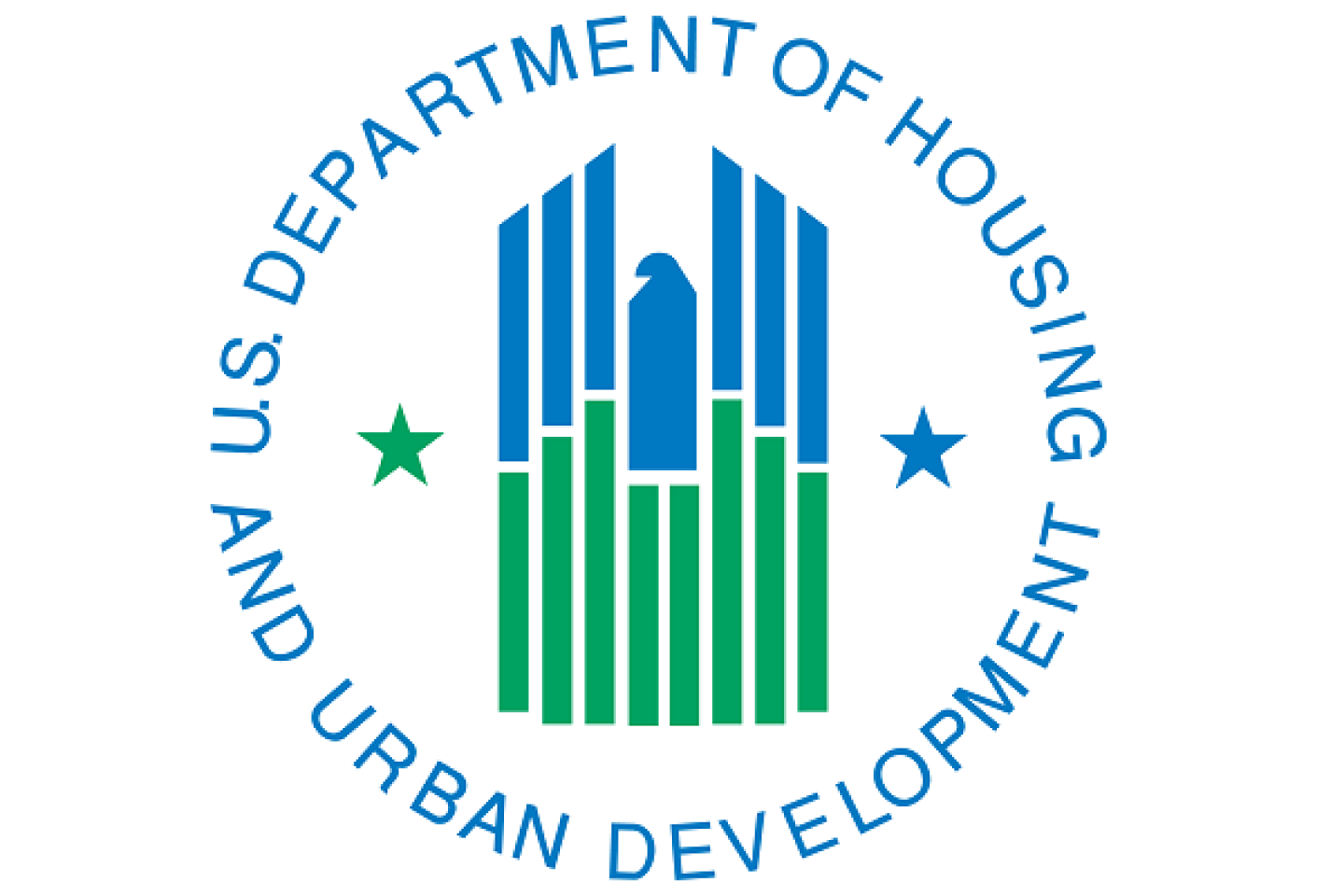What HUD Is Doing to Help People Post-Incarceration
Housing and Urban Development (HUD) Secretary Marcia Fudge sent a letter on June 23 to public housing authorities (PHAs), Continuums of Care, multifamily owners, and HUD grantees with a clear message: People who are reentering society after exiting the criminal justice system, and are at risk of homelessness, are eligible for the 70,000 emergency housing vouchers funded by the American Rescue Plan.
Some highlights from the letter are below. Read the full letter here, and stay tuned for more HUD guidance and tools on this topic.
- “Research also shows that people who lack stable housing following incarceration face a higher likelihood of rearrest and reincarceration. On the other hand, a stable home can serve as the foundation upon which returning citizens can rebuild their lives, obtain employment, improve their health, and achieve recovery. Unfortunately, too many people exit prisons and jails in America without a stable home to return to.”
- “In some communities, the lack of stable housing can also delay a person’s approval for discretionary release from prison, leading people to serve more time behind bars than those with stable housing. Many people face housing denials based on their criminal records years or decades after serving their time, even when their criminal history does not indicate that they present a substantial risk to persons or property.”
- “The President and I believe that everyone deserves a second chance and a stable home from which to rebuild their lives. No person should exit a prison or jail only to wind up on the streets.”
- “Addressing reentry housing needs also furthers the Biden administration’s commitment to advancing equity and reversing systemic racism, given the racial disparities evident in the criminal justice system.”
- “HUD strongly encourages PHAs to work with their Continuum of Care (CoC) partners to ensure that individuals who are at-risk of homelessness after leaving prisons or jails are considered for these vouchers.”
- “HUD is taking additional steps to meet the housing needs of returning citizens and to reduce barriers to housing among people with criminal records. This includes:
- Developing additional tools and guidance to assist private landlords, PHAs, and Multifamily housing owners to ensure that their applicant screening and tenant selection practices avoid unnecessarily overbroad denial of housing to applicants on the basis of criminal records that could lead to Fair Housing violations, consistent with the 2016 memo on disparate impact and criminal records;
- Reviewing existing HUD policies and regulations that limit access to housing and HUD assistance among people with criminal conviction histories; and
- Publishing findings regarding best and promising practices on reentry housing, including through HUD’s existing programs and demonstrations like the Juvenile Reentry Assistance Program and the Pay for Success Permanent Supportive Housing Demonstration.”



